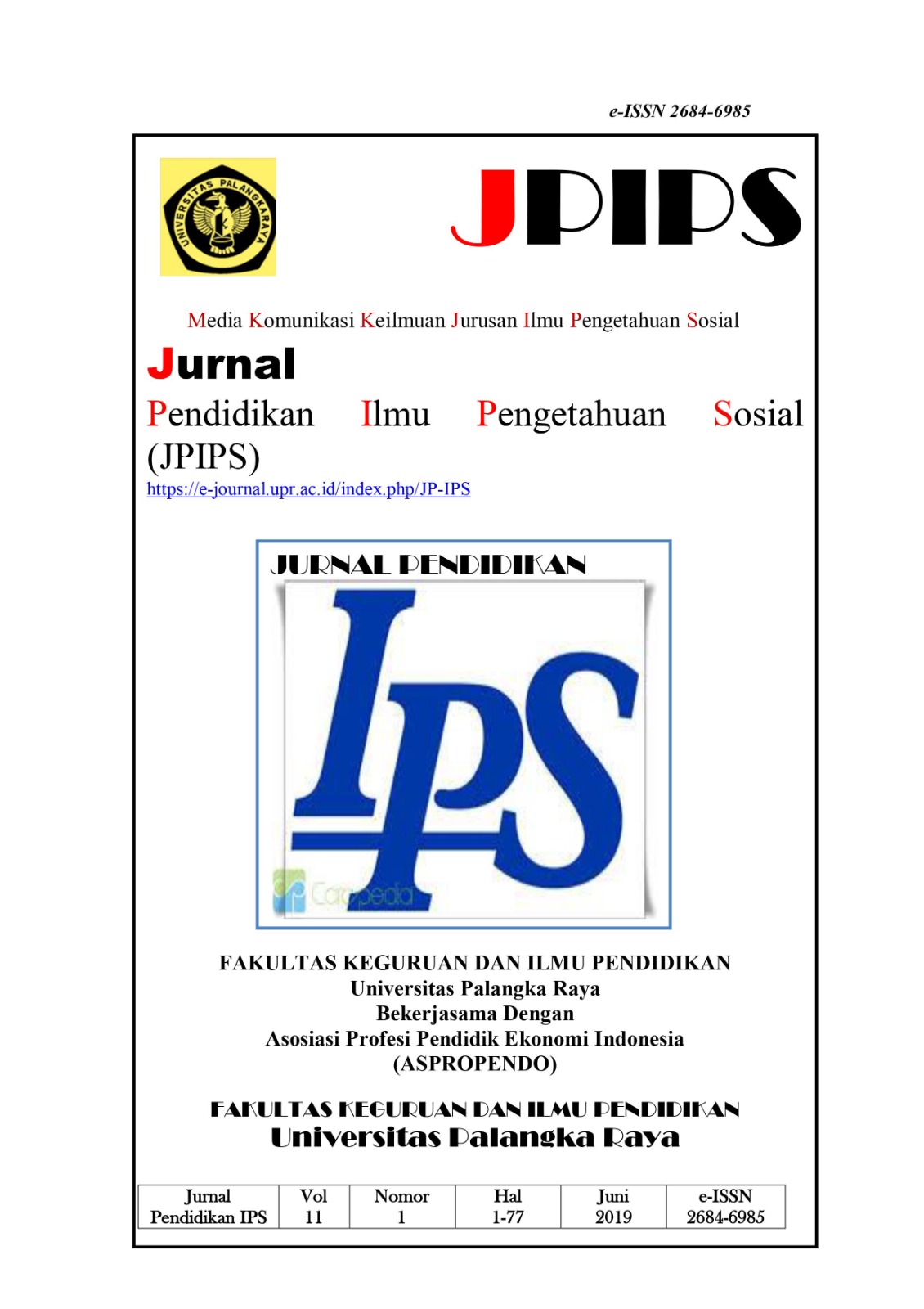Makna Nilai Agama Dalam Keputusan Boikot Produk
Studi Kualitatif Pada Komunitas Muslim dan Non Muslim di Palangka Raya
DOI:
https://doi.org/10.37304/jpips.v16i2.18039Keywords:
Consumption behavior, religious values, social pressure, social media, ethical consumptionAbstract
This study aims to explore the role of religious values, social pressure, and product awareness in the ethical consumption decisions of Muslim and non-Muslim communities in Palangka Raya concerning products associated with Israel. Using a descriptive qualitative approach, the research involves in-depth interviews with respondents from both communities. The findings indicate that ethical consumption decisions among Muslims are influenced by a combination of religious values and social pressure. For them, the decision to boycott certain products reflects both religious beliefs and social solidarity. In contrast, the non-Muslim community demonstrates a more pragmatic approach to consumption decisions, which is primarily based on economic factors such as price and product quality. Social media plays a significant role in disseminating information and reinforcing solidarity among Muslims, whereas the non-Muslim community tends to be more selective in the information they consider on this issue. This study contributes to the understanding of how religious values and social pressures can shape ethical consumption behavior within a diverse religious society.
Downloads
References
Ajzen, I. (1991). The theory of planned behavior. Organizational Behavior and Human Decision
Processes, 50(2), 179-211. https://doi.org/10.1016/0749-5978(91)90020-T
Ali, M., & Rahman, M. (2021). Consumer knowledge and the consumption of ethical products: A
cross-sectional study. Journal of Business Ethics, 163(2), 345-356.
https://doi.org/10.1108/JIMA-09-2020-0294
Anderson, J., & Hill, M. (2017). Consumption decisions in Southeast Asian non-Muslim
communities: Economic influences over ethical concerns. Asian Journal of Consumer
Research, 12(1), 45-57.
Badan Pusat Statistik Kalimantan Tengah. (2020). Statistik daerah Provinsi Kalimantan Tengah 2020.
Badan Pusat Statistik. https://www.bps.go.id
Cialdini, R. B. (2001). Influence: Science and practice (4th ed.). Allyn & Bacon. https://doi.org/10.1016/S0966-6923(00)00081-0
Eliandy, R. R., Amini, M. H., Tumanggor, E. R., & Hasibuan, E. A. (2023). Konflik Palestina dengan
Israel (Nasib Pendidikan Anak-Anak Palestina). Jurnal Pendidikan Ilmu Pengetahuan Sosial
(JPIPS), 15(1), 106–112. Available online at http://e-journal.upr.ac.id/index.php/JP-IPS
Hassan, S., & Farouk, S. (2016). The role of religiosity in shaping ethical consumerism in Muslim
countries. Journal of Islamic Marketing, 7(2), 244-254. https://doi.org/10.1108/JIMA-07-
-0045
Kementerian Agama Indonesia. (2020). Data keagamaan di Indonesia. Kementerian Agama RI.
Kotler, P., & Keller, K. L. (2012). Marketing management (14th ed.). Prentice Hall.
Lembaga Survei Indonesia. (2021). Survei pandangan Muslim Indonesia terhadap boikot produk
terkait konflik Israel-Palestina. Lembaga Survei Indonesia.
Mukhlis, M., & Yahya, Y. (2020). Religiusitas dalam perilaku konsumsi umat Islam. Jurnal Ilmu
Ekonomi Syariah, 7(1), 45-56.
https://www.jurnal.unissula.ac.id/index.php/ekonomi/article/view/3250
Pew Research Center. (2018). Muslim views on the Israel-Palestine conflict: Findings from Southeast
Asia. Pew Research Center. https://www.pewresearch.org
Rochmanto, I., & Widianto, H. (2015). Religious norms and consumer behavior in purchasing halal
products: Evidence from Indonesian Muslim consumers. Jurnal Sosial Budaya, 7(2), 211-228.
https://jurnal.unpad.ac.id/sosialbudaya/article/view/6956
We Are Social. (2021). Digital report Indonesia 2021. We Are Social. https://wearesocial.com
Zhang, L. (2018). The impact of social media on consumer behavior: A case study of Indonesian
youth. Journal of Marketing Communications, 24(4), 403-418.














